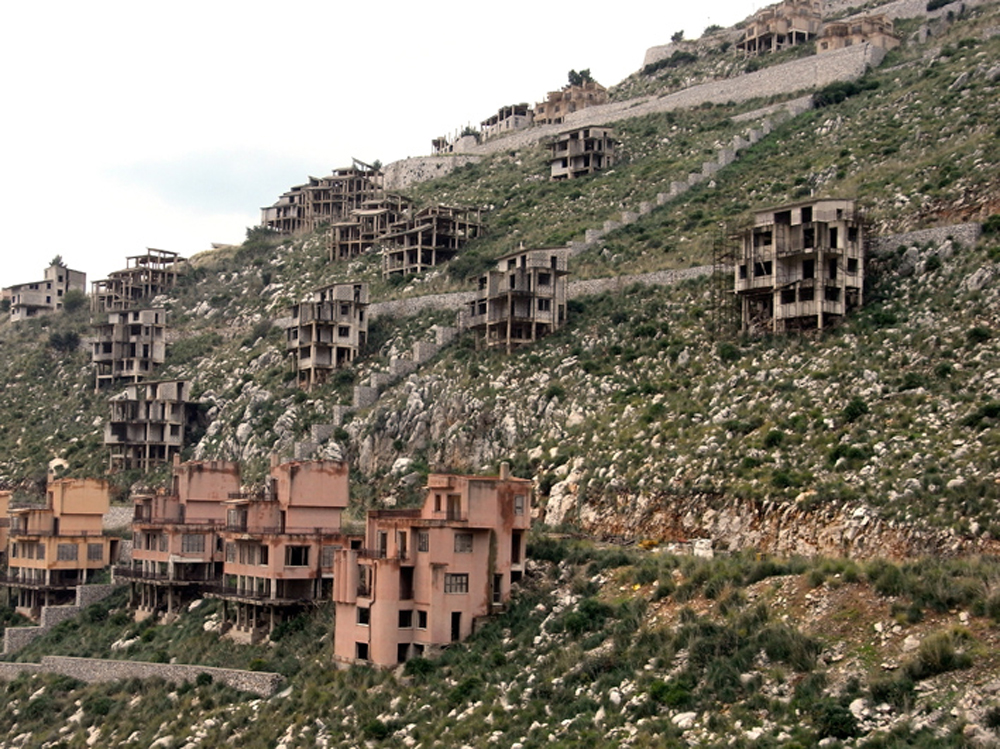Today a pervasive crisis of the normative dimension (that of having to be) is accompanied by the sterilization of the corresponding aptitude towards symbolization (individual and collective) : the constituting symbols of a project of civilization (from the political dimension to the existential one up to the religious one), and thus, at the base, the desires that these symbols are capable of identifying and using as vehicles (formalizing).
Lecture by Matteo Cavalleri, “A monument to the possible”, Research week, 30.10.2010

A possible example of this strikethrough of desire can be tracked down in the declarations of adolescents about the frequent use of prostitution, their “because you get further quicker” the aridness of the sphere of symbolization, which is expressed in the gesture of paying in a disengaged fashion (while it is challenging to manage the approach and seduction in a relationship), it expresses an incapability of managing an encounter with another person, its intrinsic randomness and unpredictability: the unbearable nature of the possibility of being told “no”. The weakened capability of symbolizing, that is of creating one’s own internal world of meanings whose expression is desirable and motivating, prevents the formalization of a meeting with another person, but, in more general terms, it is «certainly a potent springboard for behaviours in which violence, sadism and the impact of these turn-ons on the psyche tend to substitute the satisfaction and perception of fulfillment derived from acting or operating in a ways rich in meaning, in intentions, in motivations, rooted and structured in the symbolic dimension.» (M. C. Bartolomei, La dimensione simbolica. Percorsi e saggi, Edizioni Scientifiche Italiane, Napoli 2009, pp. 28)
Lecture by Matteo Cavalleri, “A monument to the possible”, Research week, 30.10.2010
